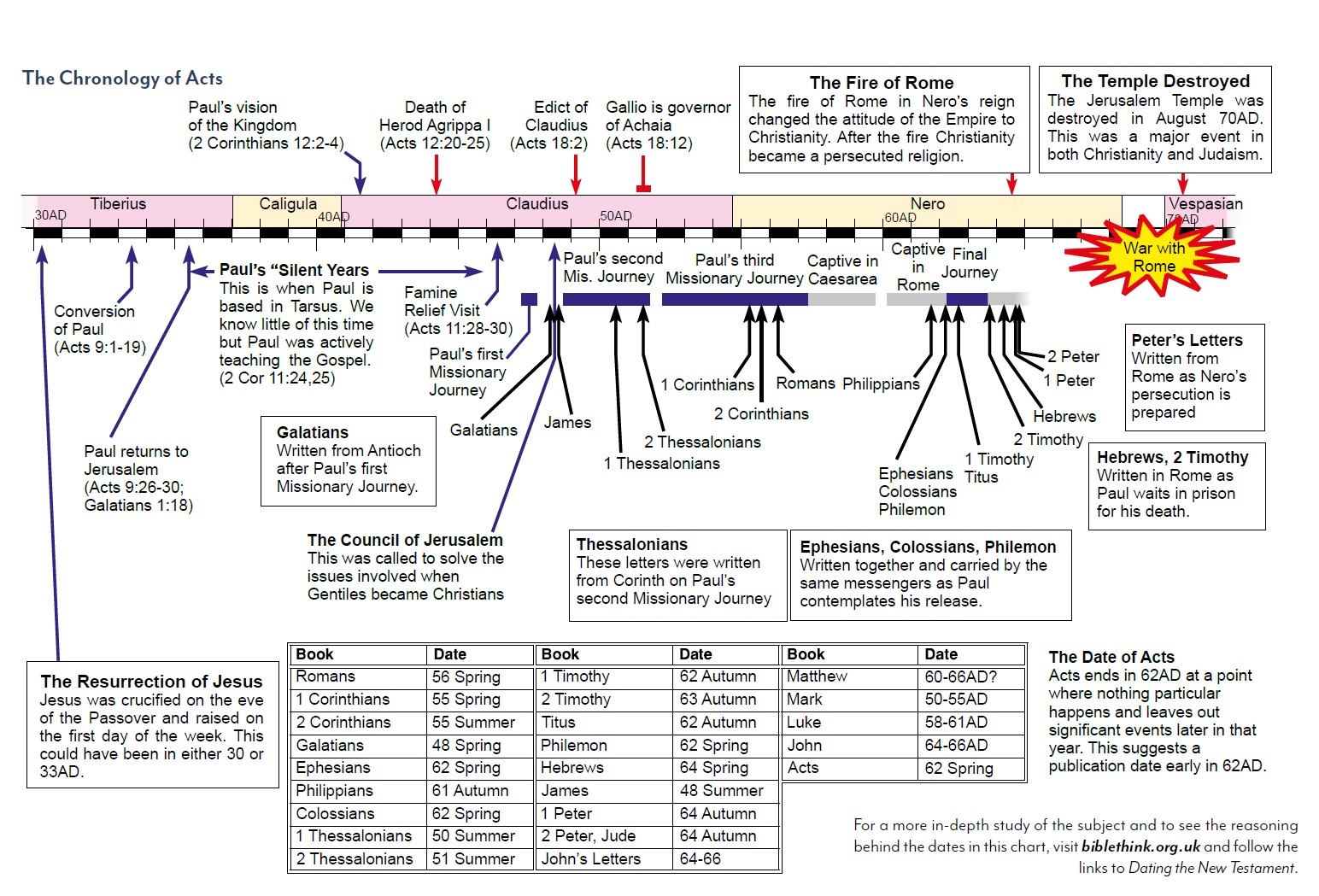The Acts 29 Church Planting network: A Deep Dive
The Acts 29 Church Planting Network is a global network of churches committed to planting gospel-centered churches worldwide. Founded in 1996 by Matt Chandler, Mark Dever, and others, Acts 29 has grown significantly, with hundreds of churches planted across various countries. This article will delve into the core values, theological distinctives, and the impact of the Acts 29 Network.
Acts 29 is deeply rooted in the Reformed tradition of Christianity. Its theology emphasizes the sovereignty of God, the authority of Scripture, and the centrality of the gospel in all of life.
1.1 Gospel Centrality:
The gospel of Jesus Christ is the central and unifying theme for all Acts 29 churches. This emphasis permeates every aspect of church life, from preaching and teaching to community outreach and discipleship.
1.2 Biblical Authority:
Scripture is considered the sole authority for faith and practice. Acts 29 churches strive to interpret and apply Scripture faithfully in all areas of life, including worship, church governance, and personal conduct.
1.3 Reformed Theology:
Acts 29 churches generally adhere to a Reformed theological framework, emphasizing doctrines such as the sovereignty of God, the depravity of humanity, the substitutionary atonement of Christ, and the importance of God’s grace in salvation.
1.4 Church Planting Emphasis:
Church planting is a core value and a primary focus of the Acts 29 Network. The network provides resources, training, and support to church planters, equipping them to establish healthy, gospel-centered churches in new locations.

1.5 Local Church Autonomy:
While united in their theological convictions, Acts 29 emphasizes the autonomy of local churches. Each church is self-governing and responsible for its own leadership, ministry, and mission.
The Acts 29 Church Planting process typically involves several key steps:
2.1 Identifying and Assessing Potential Church Planters:
The network seeks to identify individuals with a passion for the gospel and a calling to church planting. This often involves a rigorous assessment process to evaluate a candidate’s theological convictions, leadership abilities, and personal character.
2.2 Training and Equipping Church Planters:
Acts 29 provides comprehensive training and equipping for church planters. This may include theological education, practical training in church leadership, and mentorship from experienced church planters.
2.3 Church Planting Strategy Development:
Church planters work with mentors and other resources to develop a strategic plan for their church plant. This includes identifying a target community, developing a vision for the church, and outlining a plan for outreach and discipleship.
2.4 Church Planting Launch and Support:
Once a church plant is launched, the Acts 29 Network provides ongoing support and encouragement. This may include financial assistance, coaching, and networking opportunities with other church planters.
The Acts 29 Network has had a significant impact on the global church.
3.1 Church Planting Movement:
Acts 29 has played a key role in the resurgence of church planting within evangelical Christianity. The network’s emphasis on gospel-centeredness and the importance of healthy church planting has inspired and equipped countless church planters worldwide.
3.2 Theological and Practical Resources:
Acts 29 has produced a wealth of theological and practical resources for churches and church planters. These resources include books, articles, conferences, and online resources that address a wide range of topics related to church leadership, theology, and mission.
3.3 Global Impact:
Acts 29 churches are planted in numerous countries around the world, demonstrating the network’s global reach and influence. These churches are making a significant impact in their local communities by proclaiming the gospel, building disciples, and serving the needs of others.
While the Acts 29 Network has had a significant impact, it has also faced some criticisms and challenges:
4.1 Homogeneity:
Some critics have argued that the network lacks diversity in terms of ethnicity, gender, and cultural background.
4.2 Legalism:
Concerns have been raised about a potential emphasis on legalism within some Acts 29 churches, with an overemphasis on rules and regulations.
4.3 Exclusivity:
The network’s focus on a specific theological framework and church planting methodology has been criticized by some as being exclusive and potentially limiting the diversity of church life.
Despite the challenges, the Acts 29 Network continues to be a significant force in global church planting. As the network moves forward, it will be important to address the criticisms and continue to adapt to the changing needs of the church.
5.1 Embracing Diversity:
The network needs to proactively address issues of diversity, ensuring that all voices are heard and valued within the network.
5.2 Fostering Healthy Church Growth:
Acts 29 must continue to emphasize the importance of healthy church growth, not just church planting. This includes providing resources and support for churches to mature and thrive over the long term.
5.3 Adapting to the Changing Landscape:
The network must be willing to adapt to the changing cultural and technological landscape. This may involve exploring new methods of church planting, utilizing new technologies, and engaging with the challenges of the post-Christian world.
In conclusion, the Acts 29 Church Planting Network has made a significant contribution to the global church. By emphasizing gospel-centeredness, biblical authority, and church planting, the network has inspired and equipped countless individuals to plant healthy, thriving churches worldwide. While challenges remain, the Acts 29 Network has the potential to continue to play a vital role in the mission of the church in the years to come.